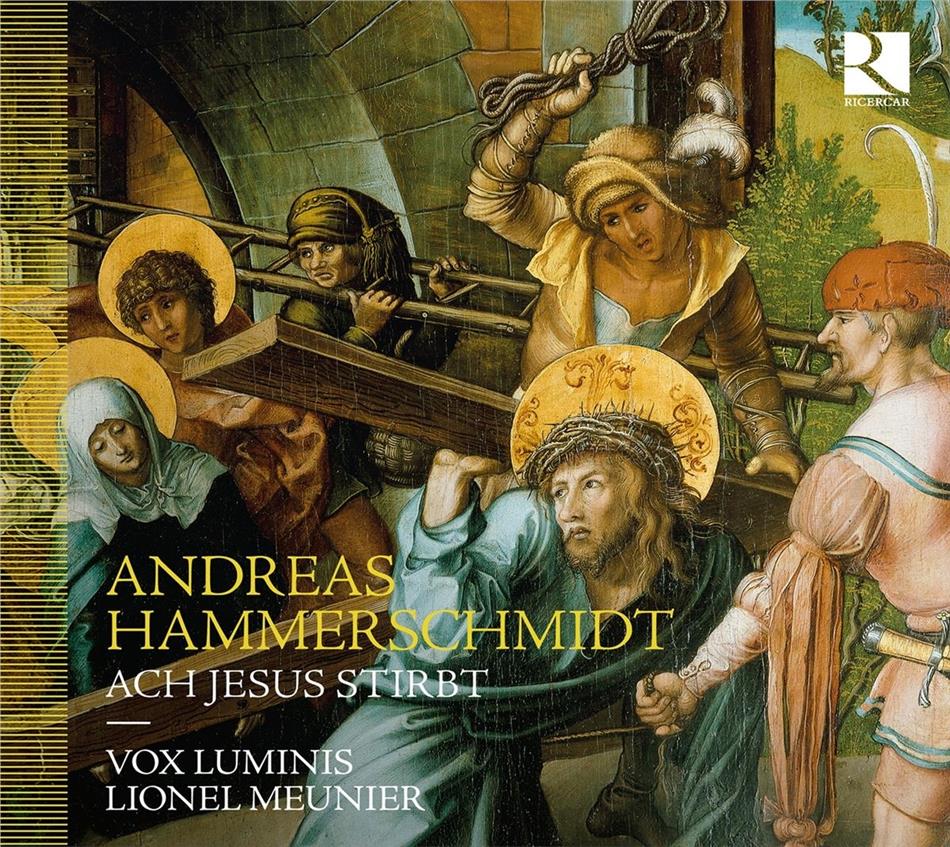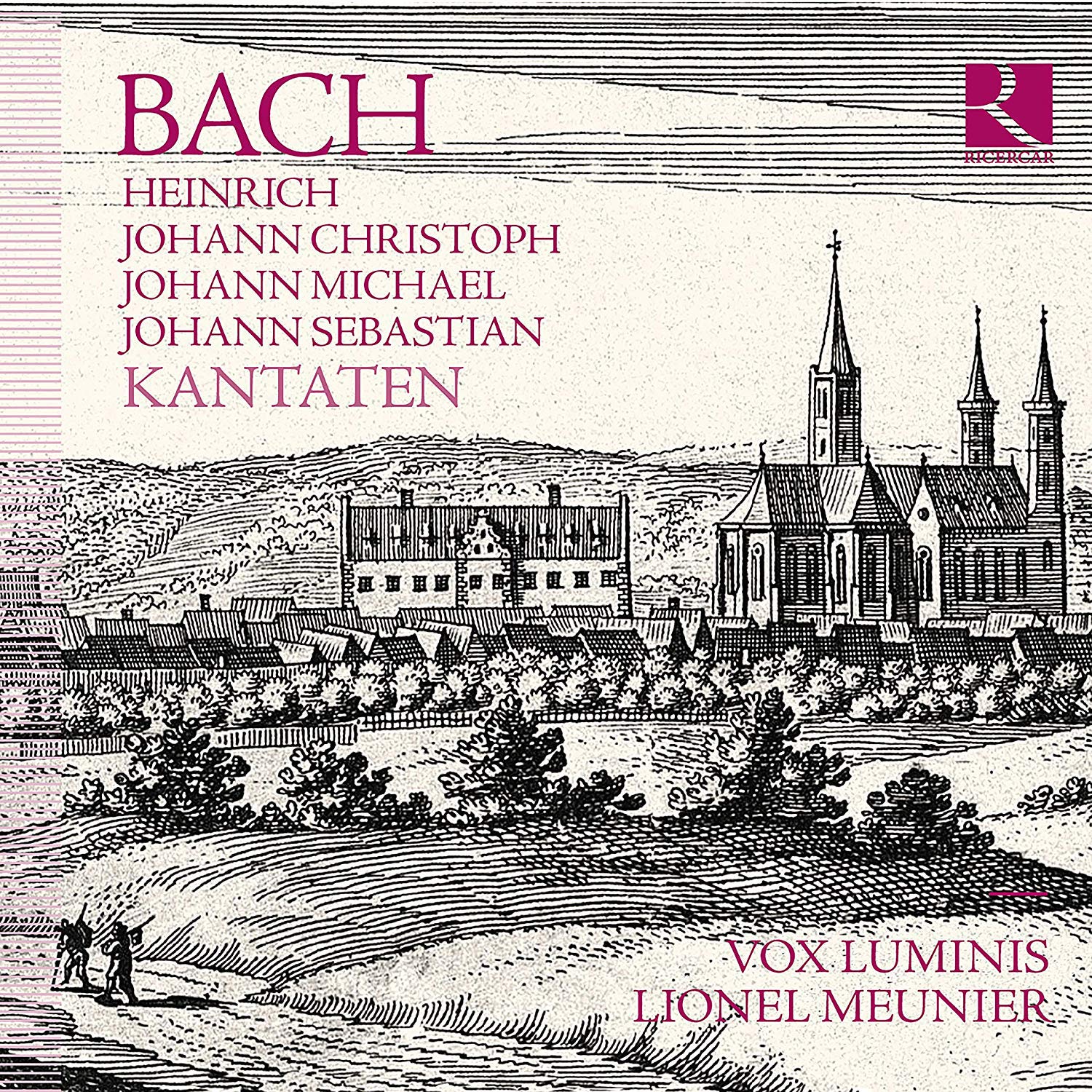Buxtehude: Abendmusiken
Vox Luminis, Ensemble Masques, Lionel Meunier
Alpha: ALPHA287. 85’17

Gott hilf mir, denn das Wasser geht mir bis an die Seele, BuxWV 34
Befiehl dem Engel, dass er komm, BuxWV 10
Jesu, meine Freude, BuxWV 60
Herzlich lieb hab ich dich, o Herr, BuxWV 41
Jesu, meines lebens leben, BuxWV 62
Trio Sonatas, BuxWV 255, 267, and 272
Although the CD publicity and Peter Wollny’s programme essay credit Dietrich Buxtehude with the Lübeck Abendmusik, the famous series of Thursday early evening concerts during the five weeks leading up to Christmas were in fact founded by Buxtehude’s predecessor as organist of the Marienkirche, Franz Tunder. He died in 1667, so the roots of the evening entertainment funded by local businessmen, and free to all-comers, are well before the music heard on the recording, most of which comes from Buxtehude’s later years. As organist, rather than Kantor, of the Marienkirche, Buxtehude was not required to compose music for the weekly liturgy, so he was able to devote more time to his compositions, independent of the pressure of service writing. This resulted in a magnificent series of vocal, choral and instrumental works, much of which is still not as well known as his highly influential organ music. It was these Abendmusik concerts that attracted the young Bach and Handel to Lübeck, as well as the prospect of succeeding Buxtehude, even with the requirement to marry his sole unmarried daughter, by then considerably older than either of them. Incidentally, Buxtehude had married his predecessor’s daughter, as had Tunder and many other generations of Marienkirche organists.
This impressive recording helps to reset that balance with a well-chosen sequence of vocal and instrumental pieces, including three of his beautifully expressive Trio Sonatas. Although not specifically intended for service use, Buxtehude’s cantatas offer an insight into the Pietist sentiments of 17th-century Lübeck, with an exquisitely profound underlying sensitivity and sensuousness. Continue reading →





